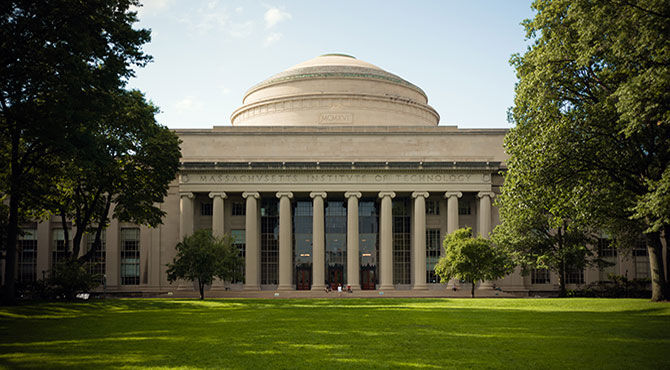US and UK universities continue to top global rankings
For the sixth year running, the Massachusetts Institute of Technology (MIT) has been ranked the best university in the world in the annual QS World University Rankings.

Strain on resources
Ben Sowter, the London-based head of research at QS, said, “Though the temptation may be to attribute the UK’s second year of struggle to Brexit, we would warn against doing so. Much of the data we collect for these tables has been collected over a five-year period, and the first year of post-Brexit internationalisation scores suggests that there has, thus far, been a minimal impact on international student and faculty rates at UK institutions.“Of greater importance, we believe, is the continued strain on university resources, which appears to be having a deleterious impact on not just research, but also the capacity to deliver world-class teaching. Also of greater significance than Brexit is the simple and unavoidable truth that these rankings are a relative exercise, and the rest of the world is becoming increasingly competitive.”Related news:
- Apprentices struggle to find time to study, says Open University
- School standards at risk from financial pressures
- Brexit could lead to academic 'brain drain'
UK remains world leader in HE
Dr Tim Bradshaw, acting director of the Russell Group, said, “The UK remains a world-leader in higher education and Russell Group universities have been fundamental to this success. Our members continue to deliver an excellent teaching and learning experience for students. By this ranking, four of the top 10 universities in the world are Russell Group institutions.“Of course, there is always room for improvement and maintaining our global position in teaching, research and innovation requires investment. For a number of years, funding for teaching has been squeezed. The position is particularly acute in engineering and some of the sciences where the need for specialist facilities, equipment and technical support adds to the cost of teaching.“This is something that the new government will have to look at closely if universities are to deliver the jobs and growth that we all want to see for the UK.”Dr Joanna Williams, a senior lecturer in higher education at the University of Kent, added, “Universities are casting the net a lot wider and reaching out to more socially diverse groups, which is good.“But it means you can’t assume that students come in with a body of knowledge and you have to spend a certain amount of time bringing them up to standard.”She said that universities were giving lower A-level offers – not just to disadvantaged students but to all students – in order to fill places.For related news and features, visit our Education & Schools section.Access hundreds of global services and suppliers in our Online Directory Get access to our free Global Mobility Toolkit
Get access to our free Global Mobility Toolkit 
©2024 Re:locate magazine, published by Profile Locations, Spray Hill, Hastings Road, Lamberhurst, Kent TN3 8JB. All rights reserved. This publication (or any part thereof) may not be reproduced in any form without the prior written permission of Profile Locations. Profile Locations accepts no liability for the accuracy of the contents or any opinions expressed herein.




























